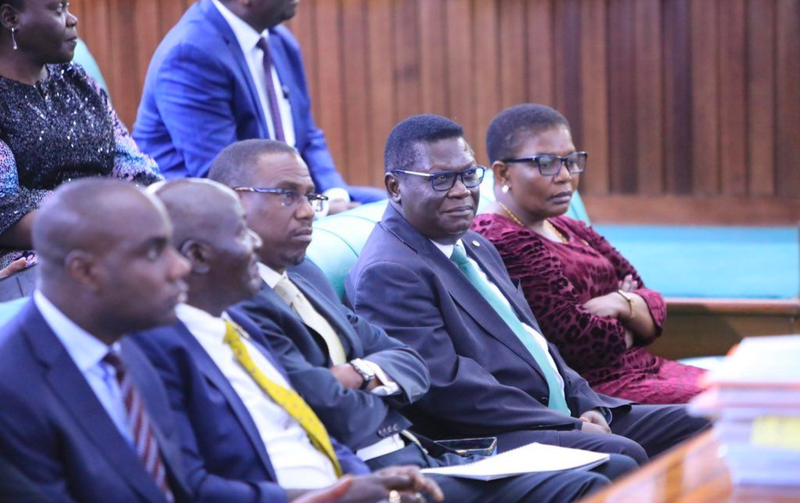
During a plenary sitting on Monday, October 20, 2025, Members of Parliament called on the Ministry of Justice and Constitutional Affairs to establish a Constitutional Review Commission. The push is aimed at addressing the growing size of Parliament and the declining influence of special interest groups.
This appeal arose during a debate on a motion introduced by Justice and Constitutional Affairs Minister Norbert Mao, under Article 78(2) of the Constitution and Section 8(3) of the Parliamentary Elections Act. The motion sought parliamentary approval to review representation under Article 78(1)(b) and (c), which pertains to district women MPs, the army, youth, workers, and persons with disabilities (PWDs).
According to Article 78(1), the composition of Parliament includes: members directly elected to represent constituencies; one woman representative per district; and a number of representatives from the army, youth, workers, persons with disabilities, and other groups as Parliament may determine.
As of March 26, 2025, the 11th Parliament comprises 556 members, broken down as follows: 353 Constituency Representatives, 146 Women Representatives, 10 Uganda Peoples’ Defence Forces (UPDF) Representatives, 5 Youth Representatives, 5 PWD Representatives, 5 Workers’ Representatives, 5 Older Persons’ Representatives, and 27 Ex Officio Members.
The motion was passed with support from both ruling NRM and opposition MPs, securing a two-thirds majority. Its approval could influence the composition of the next Parliament and impact the 2026 general elections, including party dynamics and special interest representation.
Norbert Mao’s motion proposed retaining one woman representative for every district and city, and maintaining current allocations for special interest groups. The house agreed to keep ten UPDF representatives, reserving two positions for female soldiers. It also upheld the five Workers’ Representatives, with one reserved for a woman. Additionally, five seats will remain for Youth Representatives (at least one must be female), five for PWDs, and five for Older Persons.
Sarah Opendi, the Woman MP for Tororo District, seconded the motion and expressed support for the review. However, she warned that Uganda is still a “parochial society” where women are often excluded from political leadership. “Only 15 women won directly elected seats out of 356 constituencies in the 11th Parliament,” she observed.
“There’s still a stereotype that politics is not for women, and decision-making remains a male domain.” She also criticized the lack of gender balance on public boards, referencing the NIRA Board, which legally requires one-third female representation but currently includes only one woman. Opendi urged the Executive to “wear a gender lens” when making appointments to such boards.
Alex Ndeezi, a PWD representative, raised concerns about shrinking PWD representation in government structures, stating it violates Article 35 of the Constitution. “Parliament has doubled from 290 MPs in 1996 to 556 today, but PWD representation has dropped from 2 percent to 0.8 percent,” he said. “If this continues unchecked, our representation will vanish entirely.” He proposed allocating 10 seats to each special interest group, PWDs, Youth, Women, and Older Persons, to match Uganda’s growing population.
Jonathan Odur, the Erute South MP, said the rising number of MPs must be addressed due to its financial burden on taxpayers. “The Constitution ties our hands. We can only retain, increase, or abolish special interest representation, and abolishing would require a bill. But we must address the imbalance,” he stated. As Shadow Justice Minister, Odur also emphasized the need for the government to meet the one-third gender threshold for UPDF and Workers’ representatives and ensure regional diversity among Workers’ MPs.
Fox Odoi, MP for Budama West, echoed these sentiments, warning that special interest group representation becomes diluted as Parliament expands. He recommended fixing their share at a consistent percentage: “We should fix their representation at a constant percentage, say 3 to 5 percent, so that every increase in MPs doesn’t marginalize these groups further,” he said.
Attorney General Kiryowa Kiwanuka acknowledged the MPs’ concerns but noted that any immediate changes would face limitations under Article 93 of the Constitution, which bars proposals that would raise public expenditure.
Deputy Speaker Thomas Tayebwa, who presided over the session, put the motion to a vote, and it passed with a clear majority. Tayebwa stressed the urgency of the matter, saying the motion’s passage was crucial for nominating special interest group candidates ahead of the January 2026 elections. These nominations are scheduled for Wednesday, October 22, 2025.
The broader push for a Constitutional Review Commission has been championed by Norbert Mao between 2023 and 2025. He has consistently argued for a formal review process and told both Parliament and the public that President Yoweri Museveni will determine the Commission’s future.
Uganda last undertook a comprehensive constitutional review in the early 1990s, which culminated in the 1995 Constitution. That earlier process, led by Ssempebwa and others, formed the foundation for Uganda’s current constitutional framework.

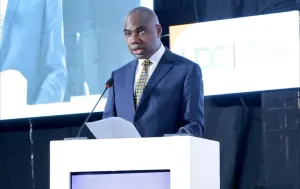
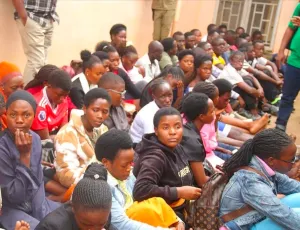
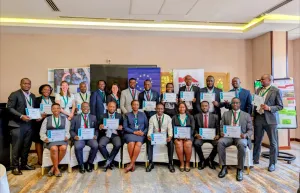

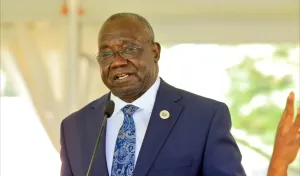





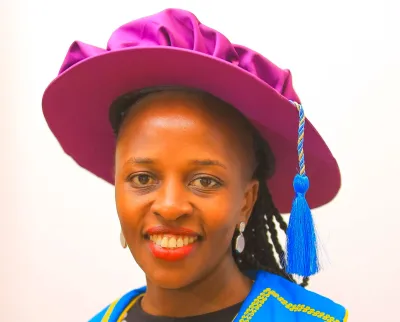
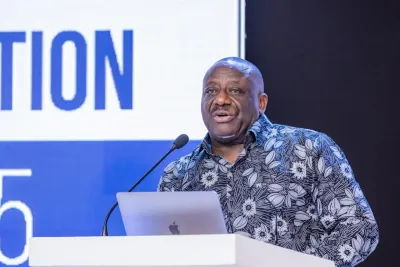
Sunrise reporter
Leave a Comment
Your email address will not be published.